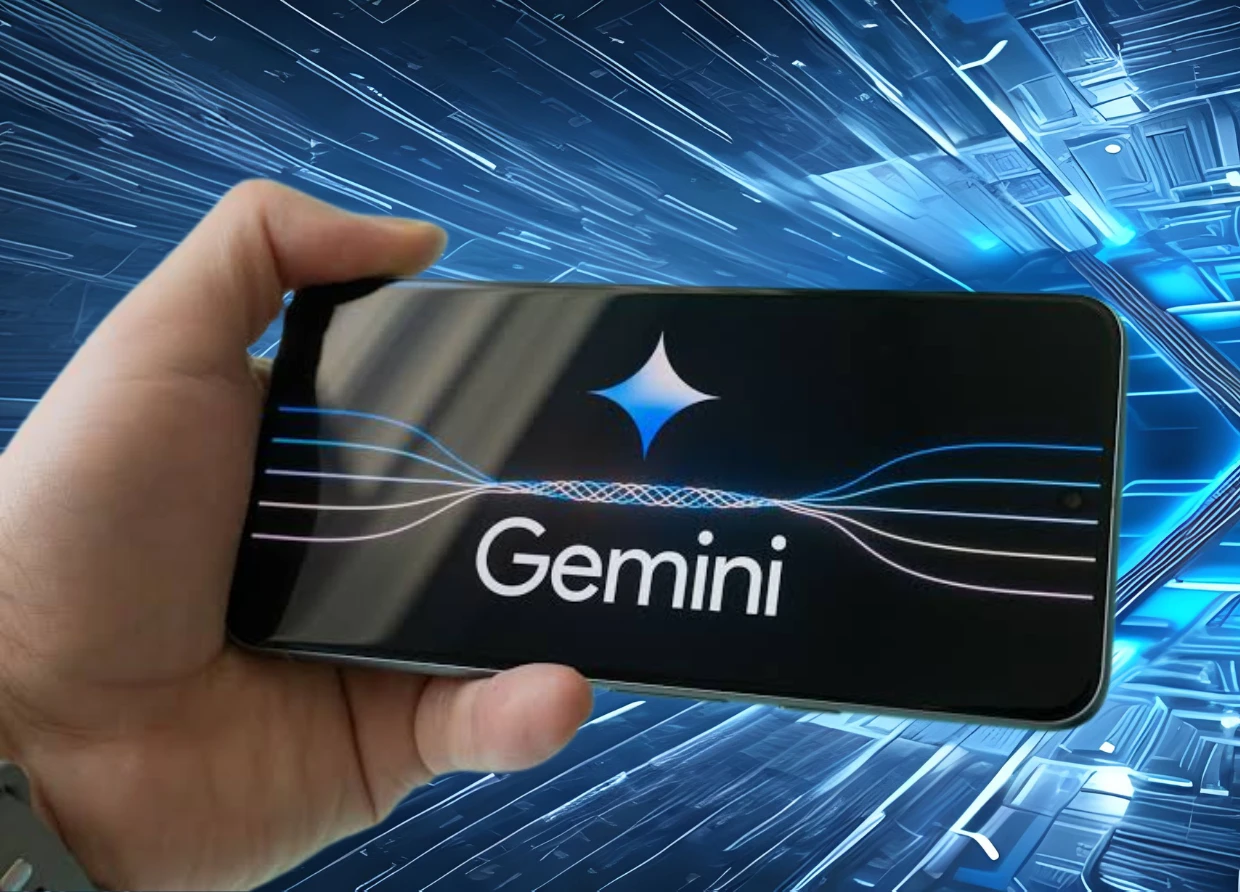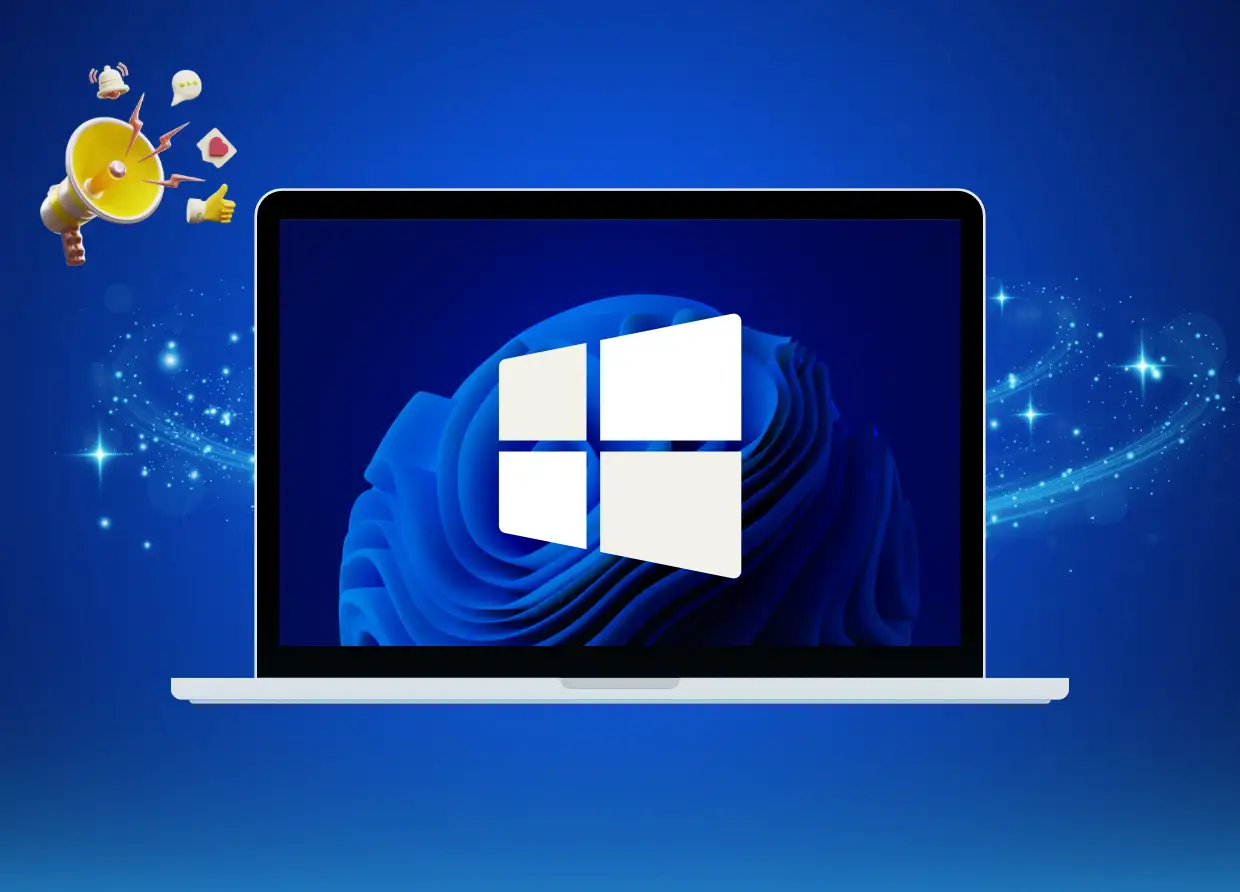GOOGLE TEASES EXPANSION OF GEMINI TO HEADPHONES: A GLIMPSE INTO THE FUTURE
Google's Expansion of Gemini Signals a Paradigm Shift in AI-Assisted Audio Experiences

In a recent beta release of the Google app (version 15.6), enthusiasts and tech aficionados have been treated to a tantalizing glimpse into Google's ambitious plans for its Gemini project. The Gemini mobile app, which has been making waves since its launch last week with a focus on the smartphone form factor, is now poised to expand its reach to a new frontier: headphones.
This revelation comes in the form of a string of code found within the latest beta release, where Google hints at the impending availability of the Gemini mobile app on headphones. The code snippet, which reads "<string name=”assistant_onboarding_bisto_error_message”>Gemini mobile app is working on expanding availability to make it accessible on your headphones</string>," serves as the most explicit indication yet of Google's intentions to broaden the scope of Gemini beyond traditional smartphone usage.
While Google has underscored its primary focus on Android and iOS smartphones for the initial rollout of Gemini, the prospect of extending its capabilities to headphones opens up exciting possibilities for users seeking seamless access to Google Assistant in their audio-centric experiences.
Pixel Buds Pro users, however, need not fret about potential conflicts with the introduction of Gemini on headphones. Despite the expansion, Google Assistant functionality on Pixel Buds Pro remains intact, ensuring a smooth transition for users accustomed to the convenience of voice commands.
The move to bring Gemini to headphones is expected to leverage generative AI technology, delivering intelligent responses tailored for the audio-only medium. This shift marks a strategic approach by Google, with earbuds serving as a logical starting point before expanding to other devices like Smart Displays and speakers.
One key consideration for Google in optimizing Gemini for headphones is the challenge of delivering responses suited for the medium's limitations. Unlike visual displays, where longer responses can be easily digested, audio-based interactions require concise and clear communication. In response to potential concerns, there are speculations that Google may introduce playback speed customization to enhance the user experience.
Amidst the excitement surrounding Gemini's headphone integration, users may encounter occasional hiccups as evidenced by error messages discovered in the latest release. Messages such as "Too many requests in a short time period. Try again later" and "Gemini mobile app is getting more traffic than usual and is temporarily unavailable. Try again later." hint at the teething issues Google may need to address as it scales up its infrastructure to accommodate growing demand.
In addition to Gemini-related developments, Google continues its efforts to enhance the user experience across its ecosystem. Notably, work is underway to introduce "Look and Talk" functionality to the Pixel Tablet, offering an alternative to the familiar "Hey Google" wake phrase. Once live, users will have the option to enable this feature, providing a gaze-based interaction method in Hub Mode settings.
As Google's innovation engine continues to drive forward, the expansion of Gemini to headphones signals a bold step towards a more immersive and accessible future for AI-powered assistance. With the promise of seamless integration and enhanced capabilities, users can look forward to a new era of intelligent interactions across a diverse array of devices.
#THE S MEDIA #Media Milenial #Google #Gemini #Google Assistant #AI #Headphones #Smartphone #Technology #Wearable Tech #Audio Experience #Innovation #Smart Devices #Pixel Buds Pro #Beta Release #Code Tease #User Experience #Future Features #Error Messages #Look and Talk #Pixel Tablet


























